PROTECT YOUR DNA WITH QUANTUM TECHNOLOGY
Orgo-Life the new way to the future Advertising by Adpathway
Seven-time Latvian national champion Deniss Vasiljevs is now entering his 11th senior year for the upcoming figure skating season. Since 2016, he has competed in every European and World Championship—a true testament to his remarkable longevity. The skater, who turned 26 yesterday, is now preparing for his third consecutive Olympic Games. While his best competitive result on paper remains his bronze medal at the 2022 European Championships, Vasiljevs has steadily continued to work on both his technical and artistic abilities. With an outstanding free skate at the 2025 World Championships in Boston, he secured two Olympic quotas for his country Latvia for the first time in history.
Staying True to His Vision
We met with Vasiljevs this summer in Champéry, Switzerland—the small village in the Swiss Alps that has been a constant in his life for the past 10 years. While walking through the picturesque village, he reflected on the past decade as well as his goals for the upcoming season. He also shared insight into his new programs as well as his deep thoughts and concerns regarding his future.
“I do what I believe in,” Vasiljevs explained of his longevity. “Figure skating is changing in front of my eyes. Still, I keep honest and loyal to my vision of it, and I try as much as I can to fit the overall picture. My focus is on the purity and the commitment. It’s not about winning. And that, in itself, evolves into something stable and sustainable.”
The skater describes himself as very curious in exploring the best version of himself. When talking about the human body and endurance, he said he continues to read and educate himself in areas that will benefit his skating in this phase of his life.
“It offers me a kind of competitive advantage in the sense of sustainability,” he said. “I really believe the consistency is because I manage to stay motivated and feel the passion for what I’m doing. It’s not because I was simply pushed or pressured. It comes from inside. I learned to appreciate, love, and enjoy what I do. That’s why I’ve lasted so long.”
The Mind-Body Connection
Competing at the highest level naturally requires hard work, but Vasiljevs recognizes that the mental aspect is especially vital for sustaining a long career.
“It takes years to understand yourself, and I’m still very far from fully understanding myself,” he said. “But I have a little bit of a vision, and I want to keep going in the right direction.”
The Latvian skater is a crowd favorite with fans and supporters around the world—a support he deeply appreciates. He continues to captivate audiences with his authentic, creative, and artistic thought-through programs—a support Vasiljevs deeply appreciates.
“It’s a bit factor of why I’m still here,” Vasiljevs said of the support. “It’s not just me who makes it possible. It’s everyone who contributed, and my gratitude fuels this desire to excel in my own way. So, I am immensely grateful for all of it. If you want to go fast, you go alone. If you want to go far, you go together. And I think this is more the case of ‘far’ and I want to walk as far as I can. I feel very much alive, and supported, and loved.”
A Short Program of Gratitude
For the 2025–2026 season, Vasiljevs created two new programs together with his coach and choreographer Stéphane Lambiel. His short program is to the well-known tune of “Unchained Melody” performed by Roy Orbison. In this selection, the skater expresses gratitude to his supporters through his movement. The choice of music brings not only strong emotional meaning, but also provides a canvas for Vasiljevs’ expressive skating. The result is a program full of feeling—both in sound and in movement.
“The new short program feels really nice, it felt good from the start,” he said. “It was Stéphane’s idea. I didn’t see it at first, but I know that if one of us sees the potential, then it already has a good chance. And the result is something very good, something I really look forward to. It’s quite demanding, but I say that every year, and somehow, I manage every year. So, I’m quite confident I’ll manage again this year.”
While the music’s lyrics tell a love story, Vasiljevs explained that he chose not to interpret it in a conventional way.
“I’ve done that before, for example in my ‘Hallelujah’ short program,” he pointed out. “This time, it’s not about a personal love story, it’s more about giving and projecting rather than experiencing something for myself. I want to express not something inward or romantic, but something more altruistic. That’s what I can connect with. I want to project how much affection I have towards this journey, my figure skating journey and toward all the people who have been involved, and how grateful I am.”
Channeling James Bond
In contrast, the free skate takes a bold and unexpected turn. This season, Vasiljevs will embody none other than James Bond—a concept that was his idea. The program features a dynamic mix of tracks from the film franchise, including “Another Way to Die,” “Vesper,” “Day of the Dead,” and “Final Ascent.” Vasiljevs and his team wanted to continue exploring character-driven storytelling, something he had already begun in last season’s free skate to La Bayadère. Building on that experience, this year he takes on the completely different persona of Mr. Bond.
“The program still feels very fresh, so I don’t have the full understanding of it yet,” the skater admitted. “But I have huge hope, because I can really rely towards something in the character that connects with me: the masculinity and confidence, and at the same time a certain playfulness. Stéphane saw the main composition, and I trust him, but I still need to understand it and embody it because it’s very different from what I expected myself. So, while it’s not fully ready yet as it still needs a little bit of time to grow, I look forward to it!”
Olympic Focus
Looking ahead to the season, Vasilievs reflects on what it means to reach the end of another Olympic cycle.
“I am determined to stay at my honest best,” he said. “I still feel the passion and that desire. So, this is a season where basically all these four years of work and preparation are going into. I’m really excited about that. It also really means a lot that I got the two spots for Latvia at the Olympics.”
The skater emphasizes that when he comes to the ice, it is to “give it all” and become “better.”
“This is what it is all about, and it’s really important to me that I don’t fall back on this, ‘oh, it’s competition,'” he explained. “It is self-competition, and I want to share this process. I want to see the evolution from the first competition to the Olympics and the Worlds after that. I really want to embody and fully experience these moments.”
At the same time Vasiljevs is aware that his body is getting to a certain limit where his body is telling him, “You’ve got to be a bit more careful.”
Changing Dynamics at Home
While Vasiljevs has become a constant presence in the Swiss village of Champéry, calling it home for the past nine years, much around him has changed. In the world of elite figure skating, longevity is rare, and while Vasiljevs remains a pillar of Team Champéry, the skaters and coaches around him have shifted. Some have retired, others moved on, and new faces have joined the team. And although the place remains familiar, the atmosphere feels different.
“This is not always easy for me. I would even say, I’m struggling a little bit to connect with the new people,” Vasiljevs admitted. “Mostly, I think, because of the age difference. And because of simple habits. At some point, I was the center rock, but now I feel more like an outsider. The way I look at myself is like a retired soldier, re-enlisted. It’s like the band Metallica. It had changed. It’s still popular, it’s still big, but it’s not the same.”
Missing a Companion
His long-time training partner, Japan’s Koshiro Shimada, transitioned to ice dance. He left Champéry following Japanese Nationals 2024, and his absence weighs heavy on Vasiljevs, who misses him a great deal.
“We were here together, we were struggling together, we were performing together,” Vasiljevs recalled. “It’s not about words. It’s actually about this appreciation, a certain respect. I miss his energy. I actually miss his words of wisdom, because this guy is quite smart. When I was around him, I felt more of an energetic fire. He has a great attitude. He’s one of these athletes that I think whichever team he is going to be in, they will benefit a lot from him. He was my companion, we pushed each other. And I miss that a lot. I don’t feel this with the other guys that are in the team. You never really appreciate what you have until you miss it; and when you don’t have it anymore.”
What Comes After?
When asked what might come after this season, his third Olympic campaign, Vasiljevs is clear that he is staying present and is unsure about afterwards.
“I am really focused on this upcoming season, and from that point on, I will take one step at a time,” he said. “I’ve had a very long career at this point, and I’ve gone through quite an evolution. I feel right now I’m still moved, I’m inspired, and I will keep doing it because I feel something towards it. It’s very special, and I want to express myself. If it happens that I continue, that’s great. And if it doesn’t happen, also great. Then there will be something else.”
While Vasiljevs remains focused on the present, he understands that people want to know if he will stay or retire after the Olympics.
“The reality is very simple: right now, I have chosen to follow the path to that objective that I selected four years ago, and I will keep doing it, stubbornly and persistently,” he said. “But what matters to me, honestly, is not because of anyone external, but because I want it. From that point, we’ll see what happens next.”
Beyond Competition
As we were overlooking the breathtaking mountain scenery of Champéry, we asked Vasiljevs about his personal next big mountain he sees ahead. His answer was strikingly honest. It is, after all, the uncertainty of what comes after his skating career.
“Frankly speaking, I’m very, very much afraid of this transition period at the end of the career,” he confessed. “But right now, well… I’m still in the career, so I focus on that. Honestly, I want to have an answer, but I don’t have one. Always being present is harder than I thought. I sometimes wish I would be somewhere like in the second or third year of my senior career, rather than in the 11th. I’m sure whatever I choose, I will give my heart. That’s the biggest definition of my choosing. I want to feel that this speaks to me, and I will give the same amount of passion I did with this sport.”
Purpose Over Routine
While the path ahead remains uncertain, Vasiljevs has already begun exploring roles beyond competing. He coaches younger skaters in Champéry and has started to reflect seriously on how he could shape the sport from a different angle.
“I can see myself coaching, I can see myself doing choreography,” he said. “My strength, I think, is the data analysis and making sense of information because I truly believe I’m more of a scholar than just an artist or a performer.”
He knows, however, that any future role has to carry purpose and meaning. While he is unsure of his role in the world of figure skating after his competitive career, one thing is for sure: he has no intention of becoming a “glorified babysitter.”
“I’m not going to do it,” he declared. “I need to feel connected with my desire to be better, to improve, to be a catalyzer, to lead something, to practice creative freedom. I lasted this long because I managed to make a better, cost-efficient trade in the way you work and that has big value. There should be more athletes who can do that. So yes, it speaks to me to somehow be in an education position. But there has to be someone that wants to learn. If that someone comes up, I am on board. Absolutely. I will do much more than I promise and I will overdeliver. Because I can connect my emotions to it, and I will work overtime.”
Full Engagement is the Goal
Bottomline, Vasiljevs is driven by outcomes, not just by completing tasks. Naturally, money matters—he’s not naive about that. But what truly motivates him is the sense that he’s fully applying himself. He can’t get that if he’s not emotionally engaged, physically involved, or mentally stimulated.
“Figure skating today became a full job because I am a performer and a coach,” he summed up. “I learn to manage myself, to guide and organize myself, and live a life on top of that. But it’s such an enduring thing. And for the future I need something similar. Something where I can bring it all together.”
The skater is currently scheduled to compete at two Grand Prix events this fall: 2025 Cup of China and 2025 Finlandia Trophy.
Related Info:


 5 days ago
2
5 days ago
2

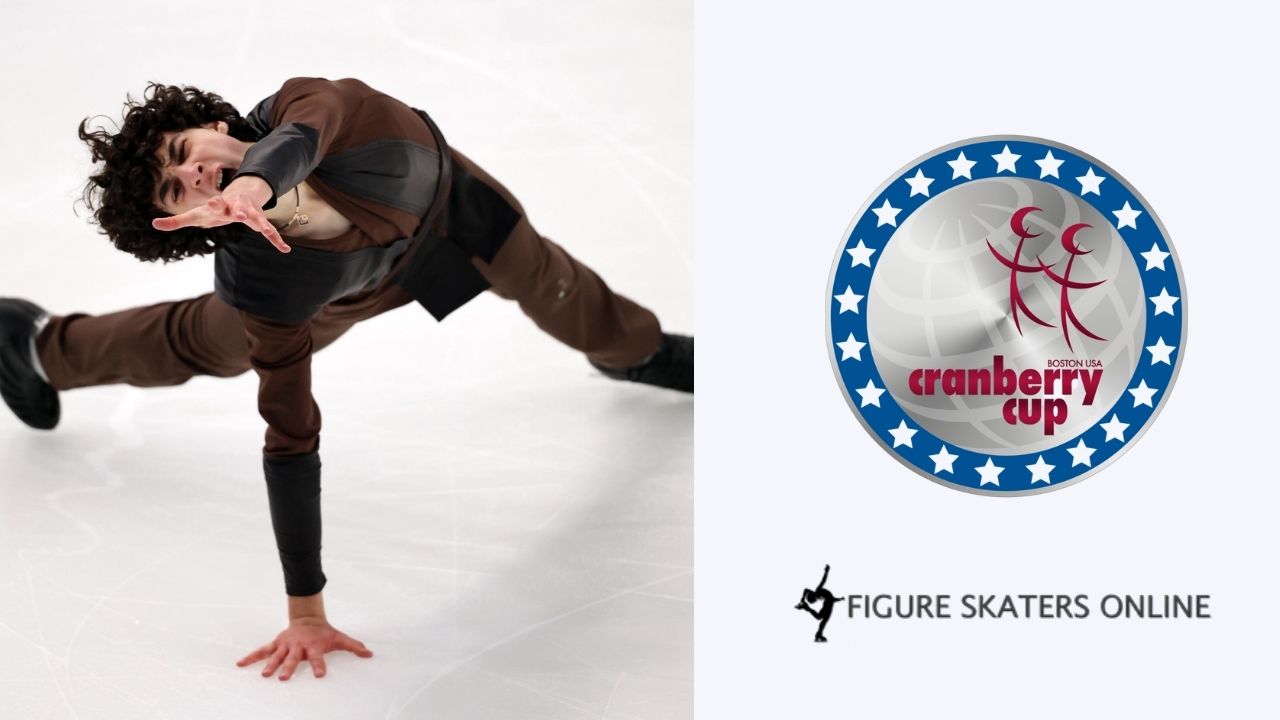


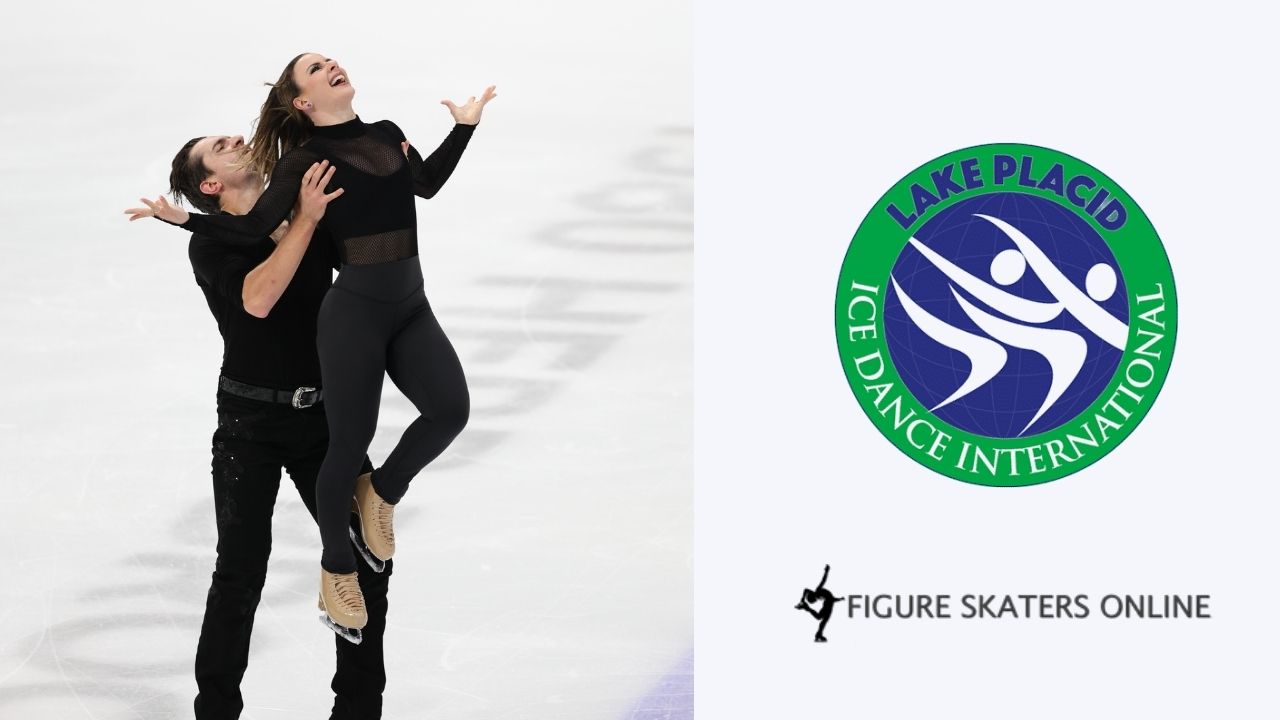




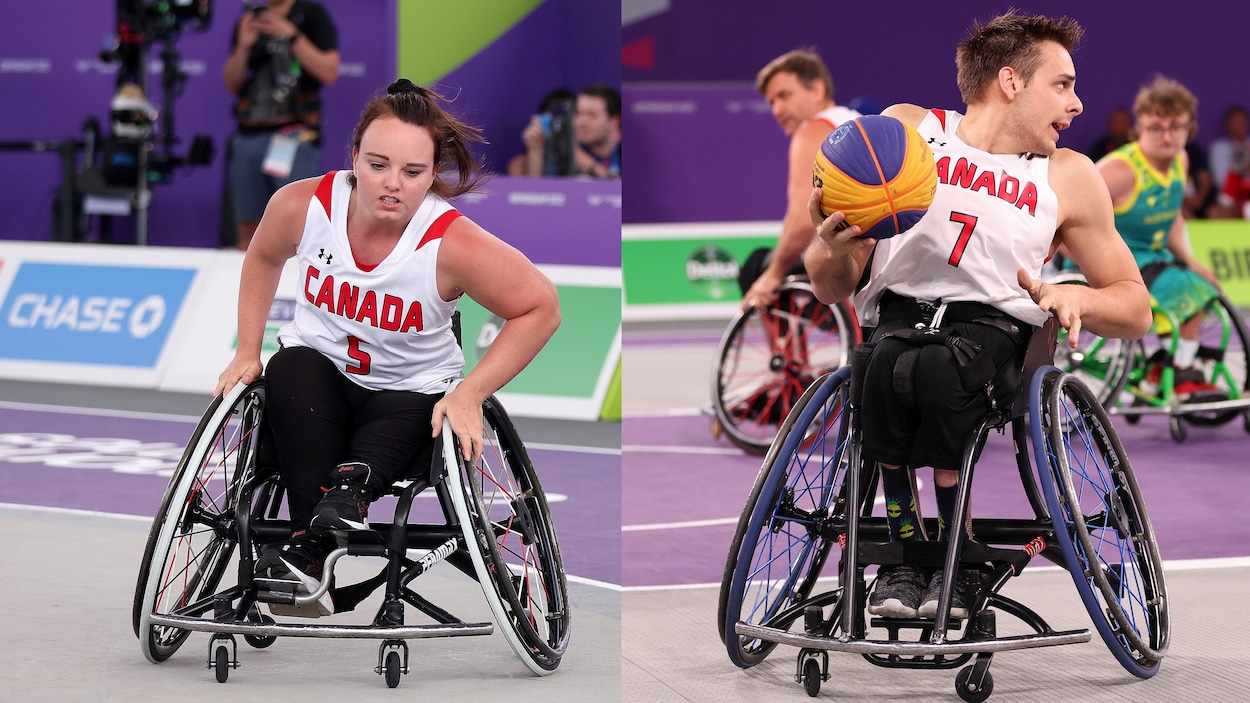

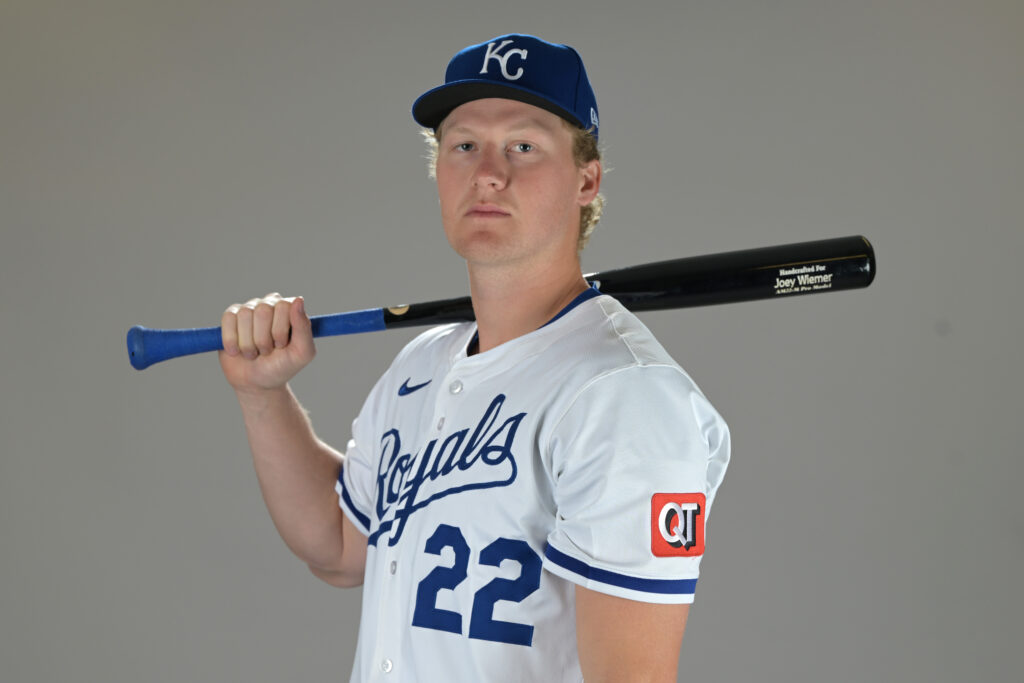
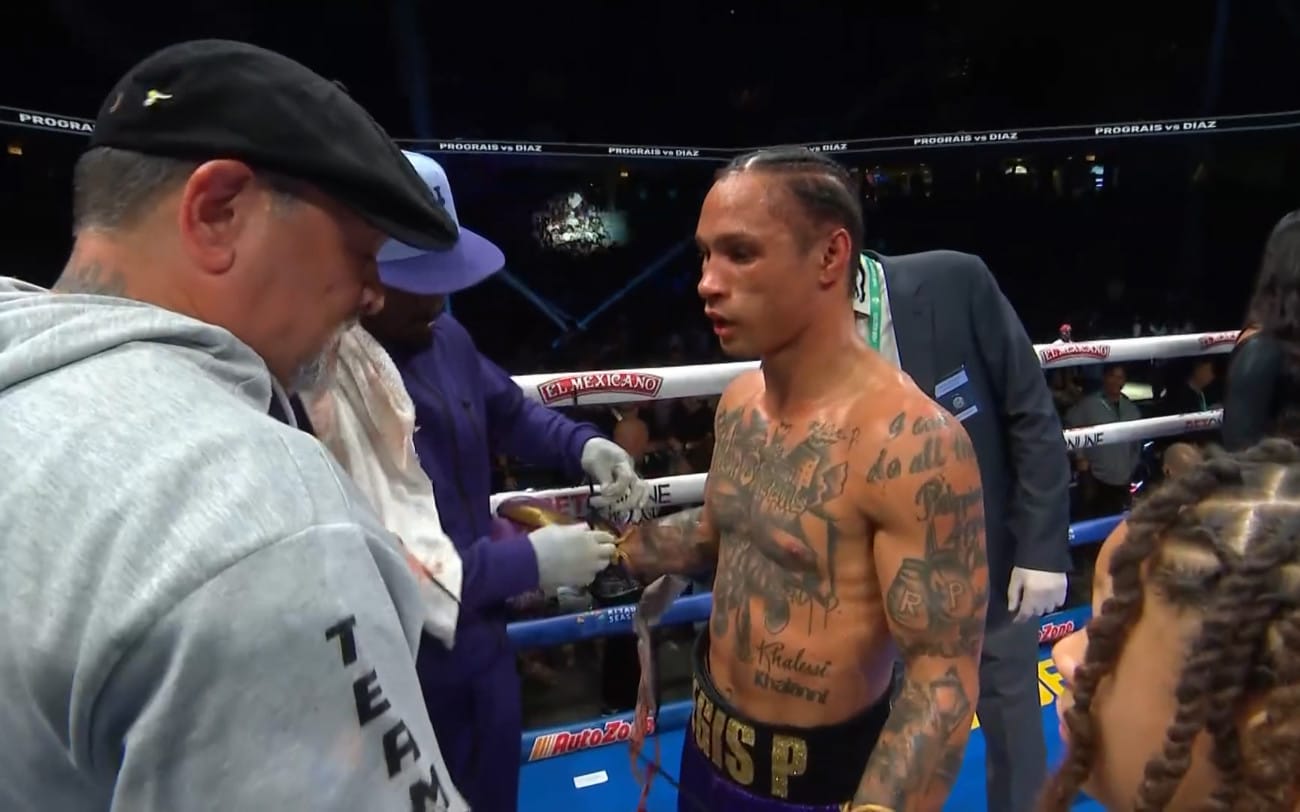

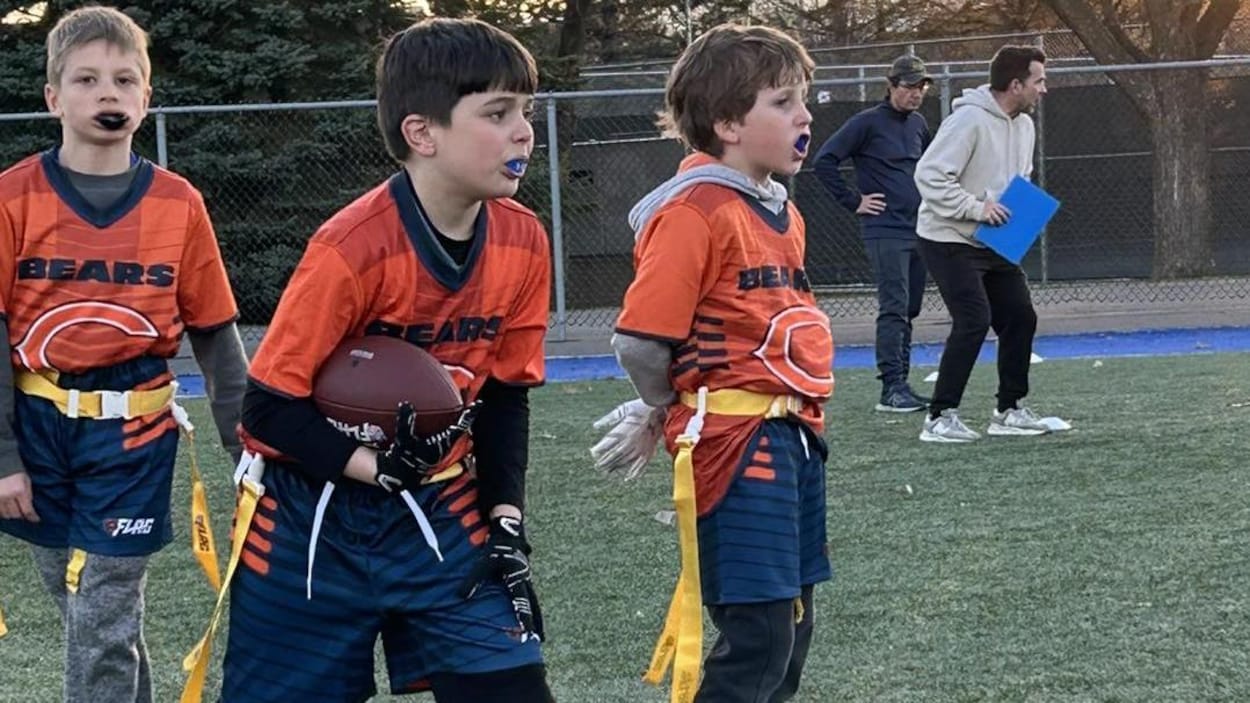
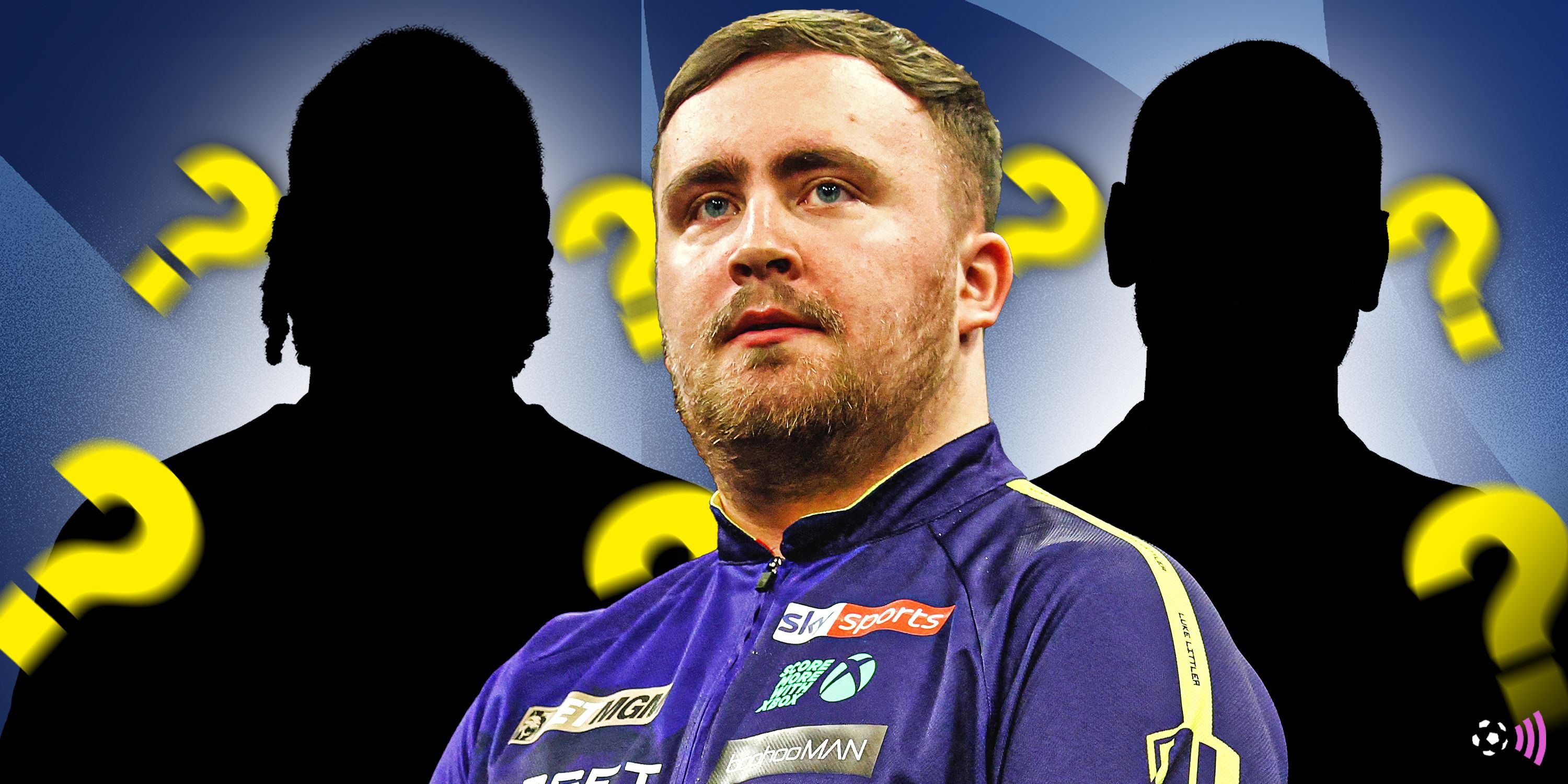

 English (US) ·
English (US) ·  French (CA) ·
French (CA) ·